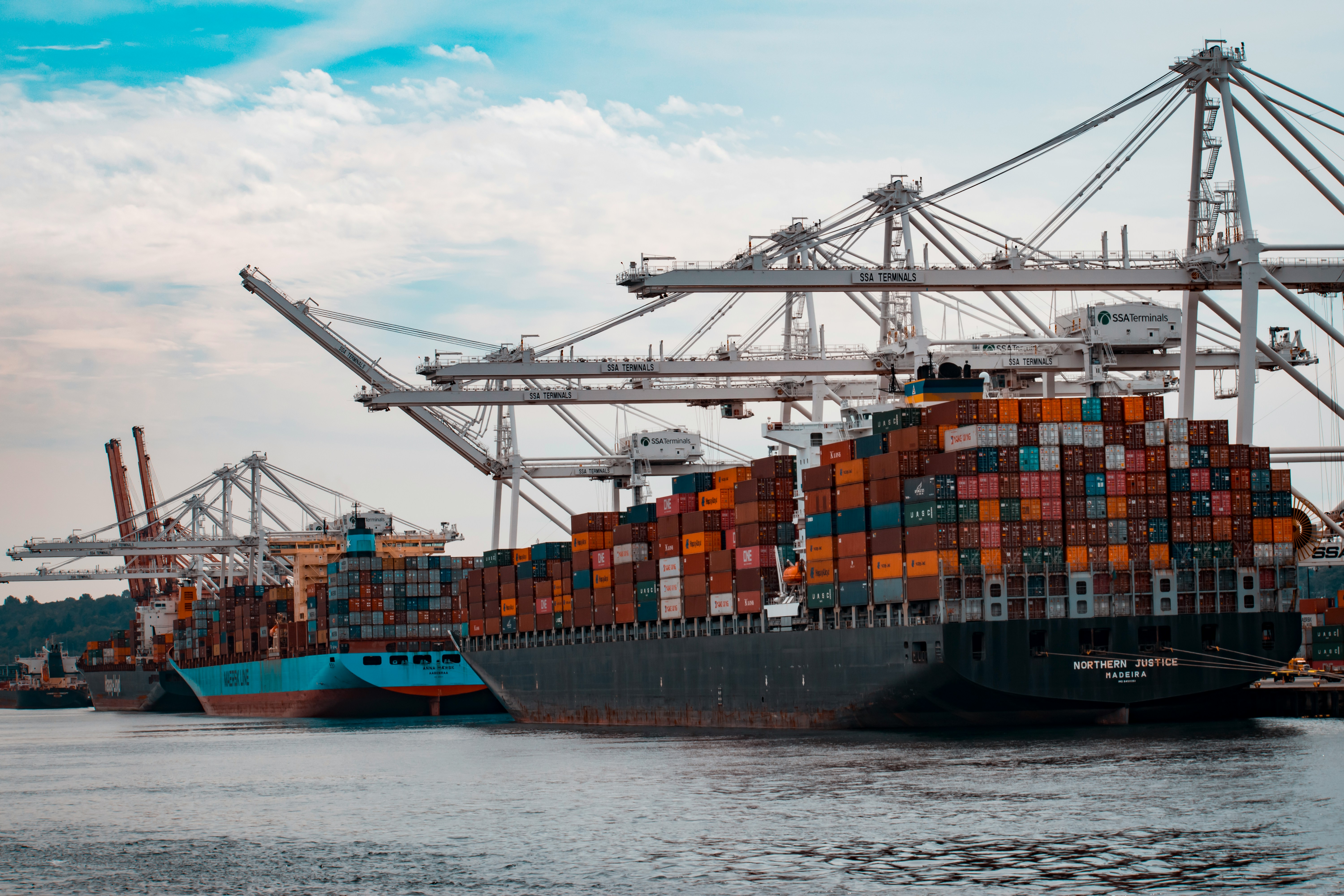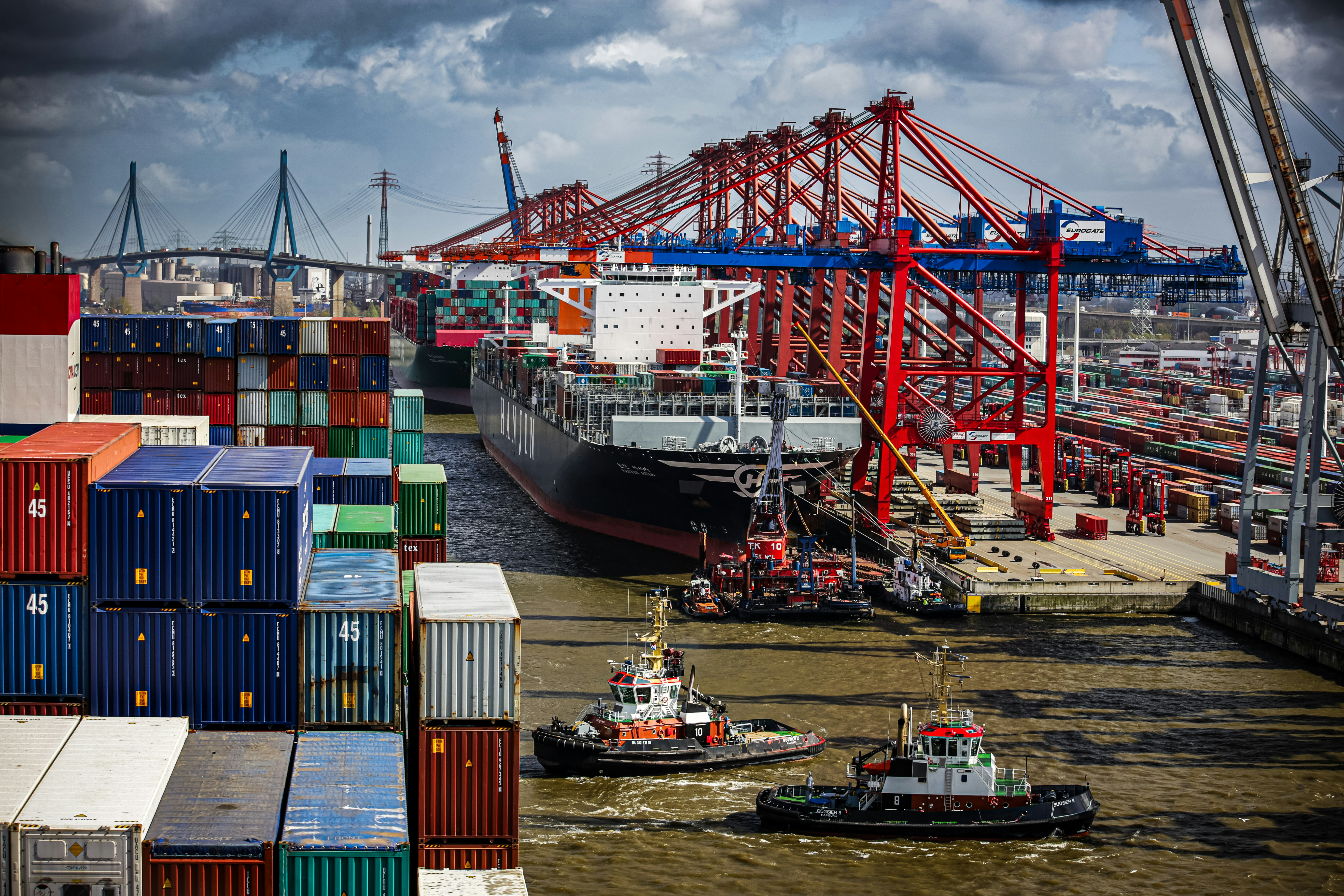This year, the total rare earth mining quota increased by 5.88% YoY, with a significantly narrower growth margin, boosting confidence among many market participants for the future. Optimism, combined with rumors of potential maintenance by a certain raw material producer, led some industry insiders to expect a significant increase in China Northern Rare Earth’s September listing price. Multiple institutional research reports also pointed out that the rare earth industry structure is expected to improve. These factors have led to market funds favoring rare earth permanent magnet concept stocks. As of 10:51 AM on August 26, the rare earth permanent magnet concept stock rose by 2.35%. Among company stocks: Orient Zirconic Industry hit the daily limit, Goldwind Technology rose by 9.61%, and Eontec, Fangbang Electronics, and Shenghe Resources were among the top gainers.
According to the latest SMM quotes: On August 26, prices for many rare earth products increased. Specifically, the price of Pr-Nd oxide on August 26 was 399,000-401,000 yuan/mt, with an average price of 400,000 yuan/mt, up 7,000 yuan/mt from the previous trading day, an increase of 1.78%. Recently, the Ministry of Industry and Information Technology (MIIT) and the Ministry of Natural Resources issued the second batch of 2024 rare earth mining and smelting & separation total control quotas. The total control quotas for the first two batches of 2024 are 270,000 mt for mining and 254,000 mt for smelting separation. The total control quota for rare earth mining in the first two batches of 2024 increased by 5.88% YoY. Compared to the total control quotas for the three batches in 2023, which increased by 21.43% YoY, and the 25% YoY increase in 2022, the growth rate for the first two batches of 2024 has significantly narrowed. In 2024, not only did the growth rate of the total control quota for rare earth mining narrow, but the growth rate for light rare earth quotas also significantly declined. Over the past five years, the growth rate of light rare earth quotas was 23.17% YoY in 2021, 28.22% YoY in 2022, and 23.58% YoY in 2023. The YoY growth rate for light rare earth quotas in 2024 is 6.36%, showing a significant narrowing compared to 2023.
According to SMM, in terms of supply: Regarding the rumored maintenance of a certain raw material producer, the SMM survey indicates that this maintenance is very limited in scope and will not affect the company’s normal production. Currently, power rationing in Sichuan has no impact on the production of rare earth companies. SMM will continue to monitor further developments. In terms of demand: The continuous bidding by magnet material factories has also provided some support for the rise in rare earth prices. Additionally, some rare earth industry insiders expect a significant increase in China Northern Rare Earth’s September listing price, which has also boosted spot prices. The current rise in the spot market is also driven by improved market confidence for the future. However, this optimism may not support a long-term strong trend in rare earth prices. Whether the rare earth market can maintain its upward trend will depend on whether there are significant changes in the fundamentals, such as whether the upcoming peak season can accelerate the recovery of downstream demand and whether there will be other events affecting supply in the future.
Institutional Voices
China Securities’ research report believes that the recently announced second batch of 2024 rare earth mining and smelting & separation total control quotas includes 125,990 mt of light rare earth, 9,010 mt of medium-heavy rare earth, and 127,000 mt for smelting & separation. Thus, the total quotas for the first two batches of 2024 are 250,850 mt for light rare earth, 19,150 mt for medium-heavy rare earth, and 254,000 mt for smelting & separation. The mining quota for medium-heavy rare earth has remained stable at 19,150 mt in recent years, while the light rare earth mining quota increased by only 6.4% YoY compared to 2023, a significant slowdown from the 23.2%, 28.2%, and 23.6% YoY increases in 2021-2023. Recently, rare earth prices have been steadily rising. With the peak season approaching, orders are increasing, and transactions are improving, strengthening the support for prices from both supply and demand sides. Currently, rare earth prices are at a low point, and with the latest rare earth quotas announced, the industry structure will gradually improve. Attention should be paid to the upward opportunities in the rare earth magnet material sector.
China Galaxy Securities pointed out that China holds 40% of the world’s rare earth reserves and is the main supplier globally. The rare earth industry is currently at a low point, and the significant slowdown in the increase of rare earth mine supply is expected to improve the supply-demand structure. The industry consolidation forming two major rare earth giants in the north and south will further optimize the supply structure. The official implementation of the “Rare Earth Management Regulations” will continue to regulate the healthy and orderly development of the industry. With policy support and the recovery of supply-demand fundamentals, rare earth prices are expected to rebound from the bottom, significantly improving the profitability of rare earth companies. It is recommended to pay attention to China Rare Earth, China Northern Rare Earth, Rising Nonferrous Metals, and Shenghe Resources.
Tianfeng Securities’ research report pointed out that the “Rare Earth Management Regulations” further solidify the optimization process of the rare earth supply structure, while the long-term high demand remains unchanged. At this stage, more attention should be paid to opportunities in the rare earth sector. Current rare earth prices have slightly rebounded, and during this round of price adjustments, cost support has become increasingly evident. At this point, the slowdown in the growth rate of the second batch of quotas will further boost industry confidence. Furthermore, in the era of electrification, the downstream demand for rare earths in NEVs, energy-saving motors, humanoid robots, etc., has vast potential. With relatively rigid overall supply, the supply-demand balance for rare earths is expected to gradually tighten, and the industry’s prosperity is expected to continue to rise. It is recommended to focus on industry chain targets: 1) Rare earth resources: China Northern Rare Earth, China Rare Earth, etc.; 2) Rare earth permanent magnets: Zhenghai Magnetic Material, JL MAG Rare-Earth, etc.
“Source: Shanghai Metals Market”

 English
English


